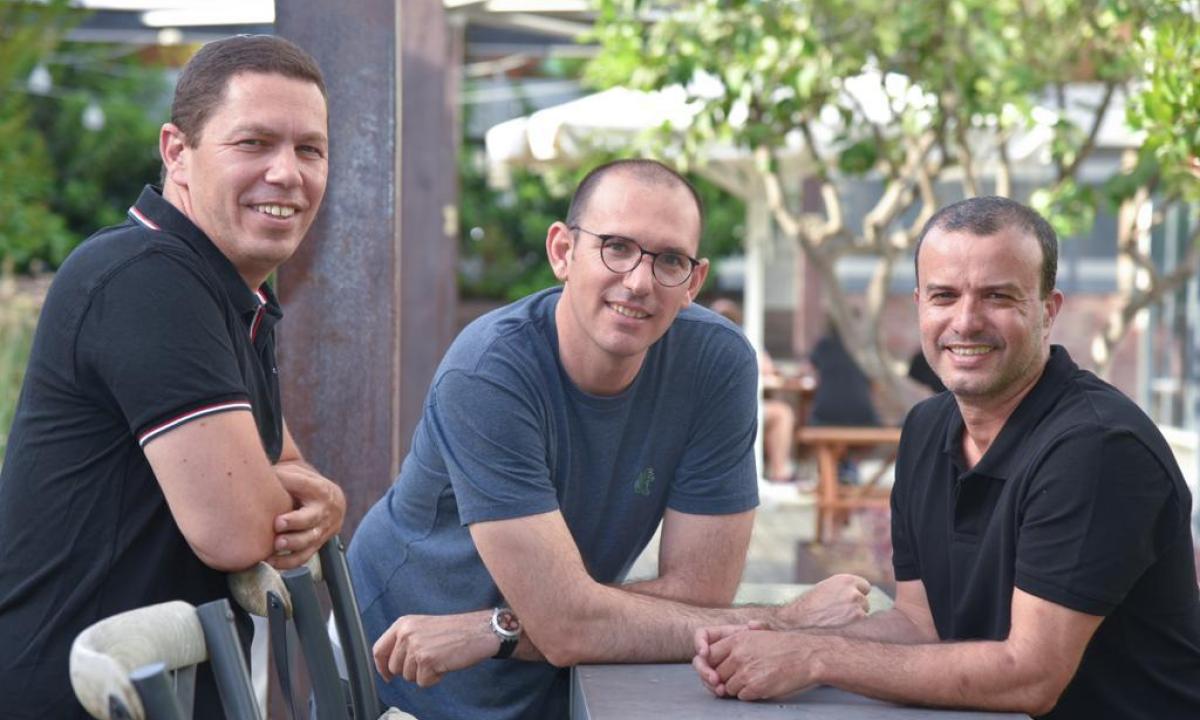Book: The Richest Man in Babylon
Author: George S. Clason
Genre: Personal Finance
It is fair to say that stories and parables have a lot to teach us. And this is the idea behind Clason’s book: he seeks to enrich the modern reader with the fundamental lessons behind becoming wealthy. This is possibly the very first book a new investor should read on the road to a healthy financial future.
Though I personally find parables an annoying way of learning, the value of the messages within this book definitely stand the test of time. The lessons I learned from this book, were added on to by the book, Your Money or Your Life, by Vicki Robin and Joe Dominguez.
[drizzle]The Richest Man in Babylon by George S. Clason
The Richest Man in Babylon’s secret is this, “A part of all you earn is yours to keep.” In other words, do not spend every penny you earn but invest it, and invest wisely. Sit between the two extremes: the Spendthrift, and the Spendaholic. Save some of your earnings; begin by living slightly below your means, cut back on some of the small luxuries in life, and seek out investment opportunities.
Making Money vs. Attaining Wealth
Clason argues that these two are very different; “making money” is the process whereby you work for and earn your money and “attaining wealth” is being in a position where money works for you. Making money is a short-term process and depends predominantly on your salary coming in regularly. Attaining wealth is for your long-term financial goals and plans.
Save, But Also Invest
As Clason points out, having money saved in your mattress will not increase its value. Sadly, depositing it in a bank doesn’t offer a lot more in the way of interest. Stocks, government bonds, and funding start-ups will all help build your wealth and make your money work for you.
Compound Interest in All It’s Glory
Funding start-ups, investing in new ventures, helping new companies by loaning them the capital they need to start their new businesses is another way to make money grow. The potential interest you will earn back becomes compound interest if you reinvest it again. Your money will earn interest on top of interest over time; this is the magic of compound interest.
Chance or Luck
Clason believes there is a difference between occurrences that happen by random chance or by luck. Being proactive and prepared, by seeking out opportunities to invest you are more likely to come across the lucky investments that will help you attain wealth. These possibilities will not be handed out, but by working hard and being vigilant you can earn your own luck.
Clason’s overall advice is to avoid making irrational financial decisions while you are young. Be realistic about your personal needs and your financial circumstances. Try and avoid too much debt, and use these lessons above to meet your financial goals. Financial wealth in your future is not a short-term process, these things take time and good decisions.
by Andrew Stotz, Become A Better Investor
[/drizzle]




